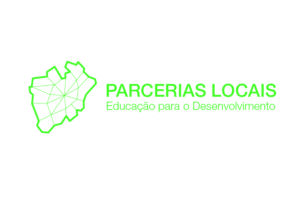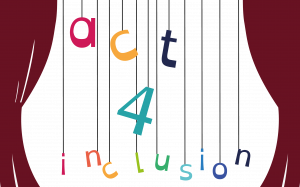EDUCATION AND GLOBAL CITIZENSHIP
Global Citizenship Education (GCE) is an activity carried out by RS, in conjunction with the work that’s been done over the last few years in Development Education.
As Global Citizenship Education is the fifth and most recent generation of Development Education (Mesa, 2000), action in this area aims to bring together realities that seem far apart but are nonetheless interrelated. Reflection on, and the search for local and global solutions to problems that are also local and global, aim to raise awareness of the global nature of citizenship and civic participation in today’s world.intervention of the Association.
In this sense, the GCE is central to RS because it seeks social transformation, promoting behavioral change, raising critical awareness and influencing its own intervention within the other areas of intervention of the Association.
The operationalization of this area of action seeks to align itself with the guidelines in the Strategic Concept of Portuguese Cooperation 2014-2020 and the National Strategy of Education for Development.
SEE OUR ONGOING & FUTURE PROJECTS:

Status: ongoing
Start: 2020

Status: Ongoing
Start: March 2021
End: February 2023
E-Crafts
The “E-Crafts” project has social and artistic dimensions as its central goal, focusing on the education and training of adults with fewer opportunities, so that they develop skills for sustainability and well-being, through Art and Craft Knowledge.
This project arises in the context of the COVID-19 pandemic that has been affecting all kinds of societal groups worldwide, and in particular, the sectors of the population that were already living precariously before the pandemic, as well as the art and culture sectors, further exacerbating their level of precarity.

Status: Ongoing
Start: 2020
ACT 4 INCLUSION - LIFE IN THEATRE
This project aims to broaden and develop the skills of educators through the use of skills related to social theatre and improvisation.
The outcomes of the project are aimed at educators working in the field of social inclusion.
It is intended to increase the level of quality and quantity of pedagogical methods to be used with people with special needs. By increasing the use of non-formal education in adult education, it is intended to prove that the results that many educators and trainers are achieving in the field of youth work can also be gained in the field of adult education.
